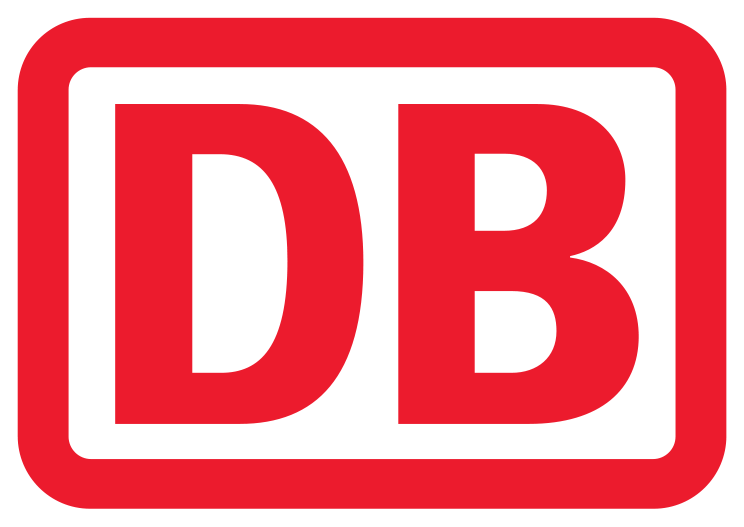Successful credit and receivables management
Optimize processes - enforce claims

Contents
Importance of credit and receivables management
- Capital commitment and return, liquidity, purchasing power, equity ratio, loss compensation through additional sales, statistics, integration into working capital management.
The credit decision process
- Granting payment terms as a credit decision, process, competencies, decision-making aids, tasks of the credit manager, minimum requirements for credit management (MaCM), certification of credit management systems, qualification of credit managers, IT solutions, influence of artificial intelligence, credit policies.
Measures for new customers
- Credit checks, sources of information, rating, scoring methods, collateral, limits, foreign receivables, trade credit insurance, factoring.
Measures for existing customers
- Monitoring of payment behavior, recognition of deterioration in creditworthiness, early crisis detection, limit checks, credit monitoring.
Reaction to late payment
- Structures and processes in receivables management, default, operational dunning and digitization trends, dunning and delivery blocks, statute of limitations, debt collection agencies, lawyers, online dunning request, European dunning notice, legal action, national and international enforcement measures, tasks of bailiffs, form for commissioning bailiffs, information on assets, insolvency contestation, debtor insolvency.
Credit and receivables management as components of the company's quality management system
- Ensuring optimal processes, typical procedures and work instructions, cooperation with sales in credit and receivables management.
Credit and receivables management as components of the company's risk management system
- Identification and reduction of default risks, balance sheet structure risks and sales risks, risk limitation and liquidity protection through sales financing, factoring and purchase financing, credit insurance, definition of risk minimization measures depending on the determined probability of default and the amount of receivables.
Learning environment
In your online learning environment, you will find useful information, downloads and extra services for this training course once you have registered.
Your benefit
Credit and receivables management determines the profit and loss of a company. Against the backdrop of increasingly difficult credit financing options from banks and increased working capital management by customers, credit and receivables management is becoming a key success factor. Learn from concrete practical examples,
- the importance of optimal credit and receivables management for the operating result and key operating figures,
- how information about customers can be determined and how the creditworthiness of customers can be better assessed,
- what the minimum requirements for credit management (MaCM) are and how they can be implemented in the company,
- the purpose of credit policies, how they are structured and how they are introduced,
- how credit management can be supported by suitable software solutions and what developments can be expected as a result of "artificial intelligence",
- how to proceed sensibly in the dunning process and what digitalization options are available,
- how to work with service providers such as debt collection agencies, lawyers, credit insurers and factoring companies and how to obtain enforcement orders,
- and how to successfully enforce titles and behave optimally in the event of debtor insolvency.
Find out how credit and receivables management can be further professionalized to ensure that deliveries and services are paid for promptly and in full without losing good customers .
Methods
Practical presentation, checklists, samples, exchange of experiences between the attendees, discussion of cases and questions from the participants.
Recommended for
employees from finance and accounting, credit and accounts receivable management, sales and organization, legal department, auditing, quality and risk management managers. Interesting for employees who are new to credit and receivables management or who would like to refresh their knowledge.
Further recommendations for "Successful credit and receivables management"
Receivables management training
Practical decision-making aids
Receivables management is important in every company, as high outstanding amounts can lead to a company getting into financial difficulties. Even the largest order book will not help if the invoices for services or products are not paid. It is therefore all the more important that decision-makers in accounting and finance, controlling, sales or the legal department know their rights when it comes to collecting outstanding items. In this training on credit and receivables management, attendees will learn how to make the right credit decisions, reduce receivables, initiate dunning procedures and obtain faster payment.
Important principles and recommendations for action
In order to be able to make confident decisions in everyday working life, important basics are discussed in the receivables training training. In addition, the attendees receive checklists that provide them with important decision-making aids and recommendations for action in specific cases when setting up receivables or granting loans. During the training , our lecturer not only provides deep insights into the world of credit and receivables management. At the same time, you will have the opportunity to ask the lecturer your own personal questions on the topic or share your experiences with other participants.
You will learn the latest knowledge for more efficiency in the "Receivables management" part of the seminar
In order to be up to date with receivables management in the age of digitalization, you will also receive an introduction to useful tools and software solutions that support you in managing outstanding items. The legal side is also comprehensively covered by learning more about the dunning process, basic knowledge about obtaining titles and, after the training , you will know for sure how to check the creditworthiness of customers in a legally secure manner. In this context, the experienced instructor will provide additional recommendations on how to deal with and contact debt collection agencies or lawyers.
This training course for successful and effective receivables management will lay the foundation for your next career move!
2885
Start dates and details
Monday, 04.05.2026
09:00 am - 5:00 pm
Tuesday, 05.05.2026
09:00 am - 5:00 pm
- one joint lunch per full seminar day,
- Catering during breaks and
- extensive working documents.

Monday, 21.09.2026
09:00 am - 5:00 pm
Tuesday, 22.09.2026
09:00 am - 5:00 pm
Thursday, 03.12.2026
09:00 am - 5:00 pm
Friday, 04.12.2026
09:00 am - 5:00 pm
- one joint lunch per full seminar day,
- Catering during breaks and
- extensive working documents.

Wednesday, 03.03.2027
09:00 am - 5:00 pm
Thursday, 04.03.2027
09:00 am - 5:00 pm
- one joint lunch per full seminar day,
- Catering during breaks and
- extensive working documents.
 4.3
4.3








